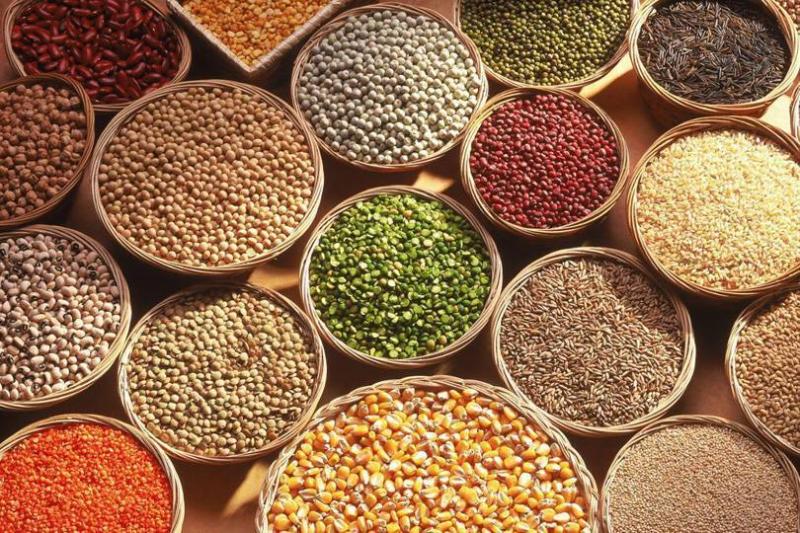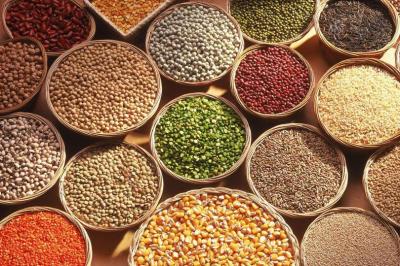A study published by the British Medical Journal this evening indicated that the consumption of refined grains is linked to an increased risk of heart disease and death compared to unrefined whole grains. In fact, grains such as oats, rice, barley, and wheat constitute approximately 50% of the daily caloric intake for humans worldwide, and up to 70% of what is consumed by residents of low- and middle-income countries, especially in Africa and South Asia. Whole grains tend to have a higher content of dietary fiber, vitamins, minerals, and essential fatty acids compared to refined grains. Previous studies have shown that increased intake of whole grains is associated with a reduced risk of cardiovascular disease and early death, but such a clear association has not been found with refined grains.
To address this evidence gap, researchers set out to evaluate the relationship between the consumption of refined grains and whole grains with cardiovascular diseases and early death. Their findings were based on data from 137,130 individuals aged 35 to 70 from 21 low, middle, and high-income countries globally, all of whom had no history of heart disease and participated in the Prospective Urban and Rural Epidemiology (PURE) study. The researchers examined white rice separately from all other refined grains, as over 60% of the population living in Asia relies on rice as a primary food source.
Detailed information was collected regarding participants' education, wealth, lifestyle, and medical history at the beginning of the study. Verified food questionnaires were utilized to assess the intake of refined grains, whole grains, and white rice. Subsequently, deaths caused by cardiovascular diseases or serious cardiovascular events, including heart attacks, strokes, and heart failure, were monitored over an average duration of 9.4 years. After considering other influencing factors, the researchers found that the highest category of refined grain intake was associated with a 27% increased risk of death, and their risk of cardiovascular diseases was found to rise by 33%. In addition, higher consumption of refined grains was also linked to high blood pressure. However, no statistically significant associations were found between the intake of whole grains or white rice and the health outcomes mentioned.
It is noteworthy that this study is observational, so causal relationships cannot be precisely or clearly determined. The researchers noted some limitations in the study, such as reliance on participants’ accounts in completing food questionnaires, which may have affected the accuracy of the results. Nevertheless, the researchers were able to analyze broad dietary patterns, implying that the findings are likely strong and widely applicable to populations around the world. As such, the researchers suggest that there should be a global encouragement to reduce the intake of refined products while promoting increased consumption of whole grains. They concluded that reducing the amount of carbohydrates we consume and improving their quality is crucial for achieving better overall health outcomes.




